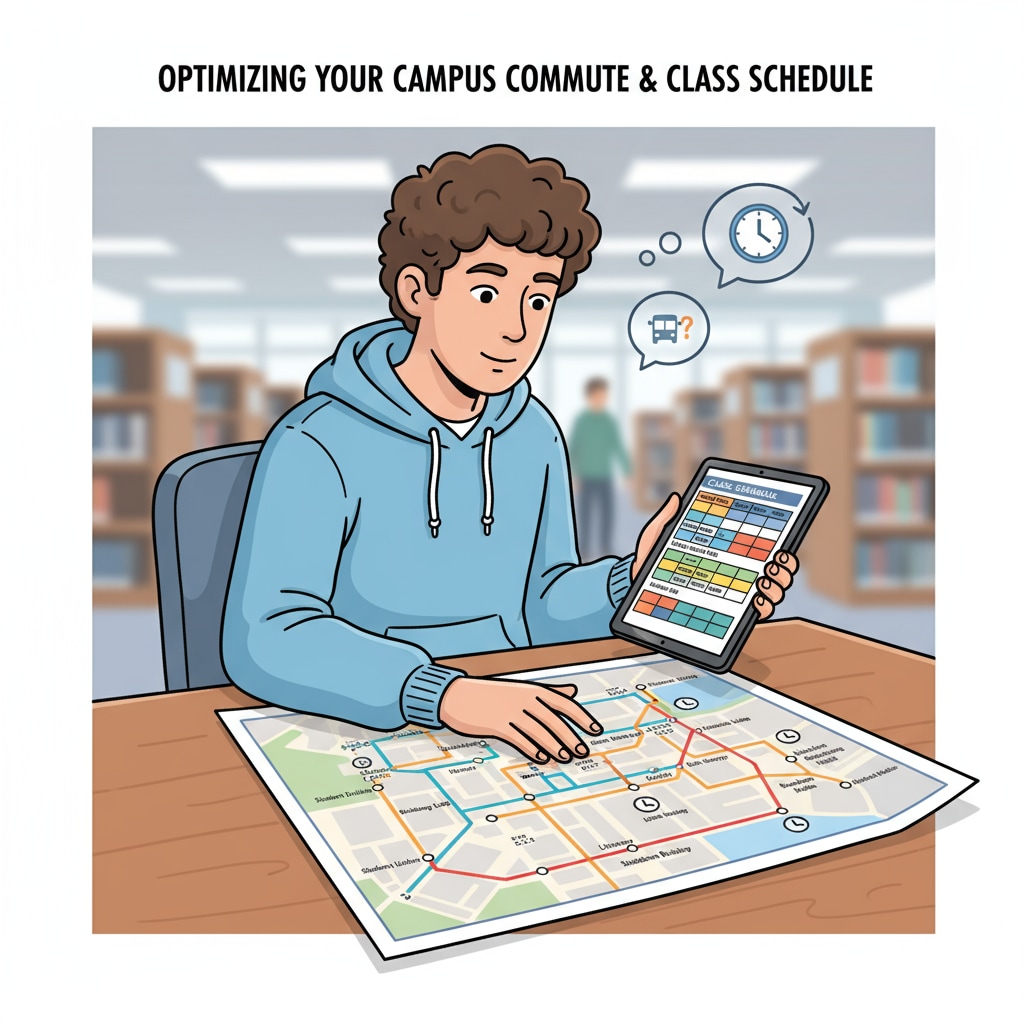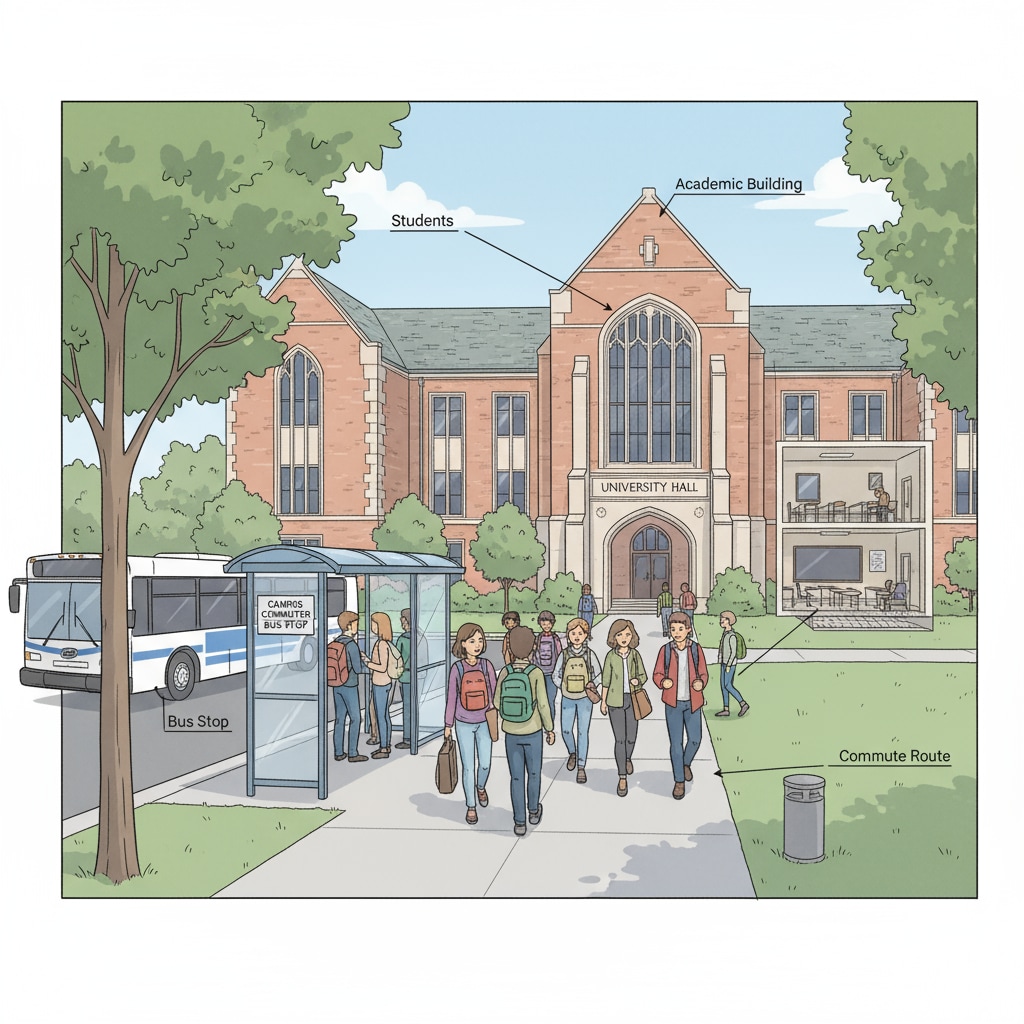University course schedule, time selection, and commuting considerations are crucial aspects that students need to navigate when planning their academic journey. These decisions can significantly impact a student’s learning experience, productivity, and overall well-being. For instance, choosing the right time for a course can align with one’s energy levels, while efficient commuting can save valuable time for study and relaxation.

Understanding the Course Schedule Landscape
University course schedules are often complex, with a variety of options available. There are early morning classes, afternoon sessions, and even evening courses. Early morning classes might be beneficial for students who are morning people. According to Circadian Rhythm on Wikipedia, our bodies have an internal clock that affects our energy levels throughout the day. For those with a natural inclination to wake up early, these classes can start the day with a productive mindset. However, for night owls, afternoon or evening classes could be a better fit. They can use the morning hours to catch up on sleep and be more alert during the lessons. In addition, some courses might have limited time slots, so students need to be flexible and consider all available options.
The Impact of Commuting on Academic Life
Commuting is another factor that cannot be overlooked. A long commute can be tiring and eat into study time. If a student has to travel a long distance to campus, they might arrive at class feeling drained. This can affect their ability to focus and absorb information. For example, a student who has a one-hour commute each way will spend two hours a day just getting to and from school. That’s a significant amount of time that could be used for studying, doing assignments, or engaging in extracurricular activities. On the other hand, living close to campus or having access to efficient public transportation can make the commute more bearable. As a result, students should explore different commuting options like buses, subways, or cycling. Urban Transportation on Britannica provides useful information on various commuting methods.

When making decisions about course schedules and commuting, students should also consider their personal commitments. Some might have part-time jobs, family responsibilities, or social activities. Balancing these aspects is essential for a well-rounded college experience. For example, if a student has a part-time job in the evenings, they should avoid signing up for evening classes. This way, they can manage their work and study without feeling overwhelmed.
Readability guidance: By understanding the importance of course time selection and commuting, students can make more informed decisions. They can create a schedule that suits their lifestyle, maximizes their learning potential, and minimizes stress. It’s all about finding the right balance between academic requirements, personal preferences, and commuting logistics.


